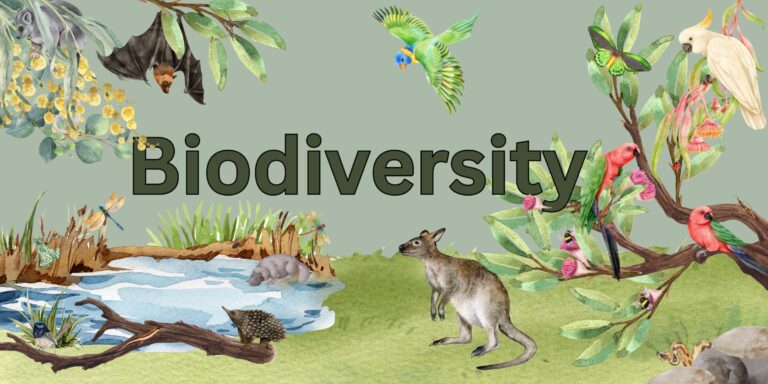By Gayathri Gireesh* & Prateek Kamath** Introduction The National Biodiversity Strategy and Action Plan for 2024-30 was unveiled by India at CoP-16 to the UN Convention on Biological Diversity (UNCBD) reinforcing its commitment to biodiversity conservation through targeted actions. Article 6 of the United Nations Convention on Biodiversity requires that the party to the convention […]Read More
Tags : Biodiversity
– by Emma Shensher and Prof. Kirk W. Junker A Brief Historical Context for European Restoration Regulation It would be a sad competition to determine which crisis is the most urgent. Although climate disruption may well win this competition, other crises demand redress, including legal redress. One such other crisis is ecosystem restoration. Ecosystem restoration […]Read More
– Prof. (Dr.) Sairam Bhat* & Jaibatruka Mohanta** Introduction The Parliament of India recently enacted the Jan Vishwas (Amendment of Provisions) Act, 2023 (Amendment).[1] It received the President’s assent on August 11, 2023,[2]and aims at decriminalizing and rationalizing violations to further enhance trust-based governance and for ease of living and doing business. This one legislation […]Read More
-Jaibatruka Mohanta*, Ishan Anand** & Diya Jayaraj*** This recent amendment can be considered necessary to provide for conservation, sustainable utilisation, fair and equitable sharing of the benefits arising out of the utilisation of biological resources and also to give effect to the Nagoya Protocol on access to genetic resources and the fair and equitable sharing […]Read More
-Jaibatruka Mohanta* & Abhinav Kumar Singh** ‘The ocean is the lifeblood of our planet. And today, you have pumped new life and hope to give the ocean a fighting chance. You have delivered. And you have done so at a critical time,’ – UN Secretary-General António Guterres told delegates.[1] The United Nations (UN) ‘Intergovernmental Conference on […]Read More
-Sarthak Wadhwa * I. Introduction A. Prologue: The Wildlife (Protection) Amendment Bill, 2021 Last month, the Lok Sabha passed the Wildlife (Protection) Amendment Bill, 2021 (“the Bill”)[1]– after two rounds of consultation with the Department-Related Parliamentary Standing Committee on Science and Technology, Environment, Forests and Climate Change (“the Standing Committee”).[2] Introduced before the Lower House […]Read More
The Indian Parliament passed the Biological Diversity Act, 2002 (hereinafter called BD Act 2002) on February 5, 2003, which seeks to address the preservation of biological diversity, long-term use of its constituents, and equitable distribution of the benefits derived from the use of biological resources occurring in the country, especially when biological resources are accessed […]Read More
Accessing Biological Resources in Karnataka: Why Should Entites Comply? Sairam Bhat , Raghav Parthasarathy and Rohith Kamath [1] ‘Ignorantia juris non excusat’ is a Latin maxim, which translates to ‘ignorance of law is no excuse’. This maxim is not only an ancient brocard but also imbibes one of the fundamental principles developed in the legal […]Read More
The UNDP-GEF-NLSIU Project on Strengthening human resources, legal frameworks and institutional capacities to implement the Nagoya protocol was a Three Year project that specifically aimed at assisting the countries in the development and strengthening of their national ABS frameworks, human resources and administrative capabilities to implement the Nagoya Protocol on Access and Benefit Sharing.Read More








